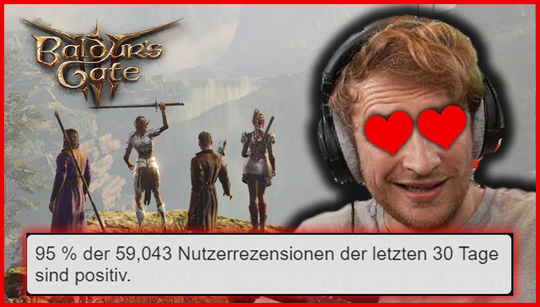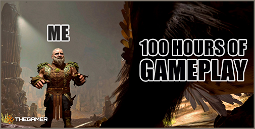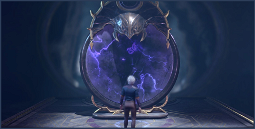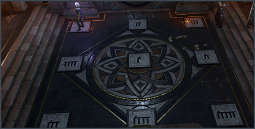Baldur's Gate 3's Dice Rolls: Accurate and Frustrating
Baldur’s Gate 3’s dice rolls are frustratingly accurate to real-life D&D sessions. Some players embrace the unpredictability, while others find it infuriating to miss opportunities because of a 5% chance of critical failure. The game’s mechanics stay true to the tabletop experience, where rolls are performed openly, and DMs are often asked to fudge rolls to prevent players from failing. But is this from a sense of fairness, or does the spirit of D&D lie in the unpredictable nature of dice?
The RPG game’s reliance on dice is reminiscent of the XCOM series, in that critical failures can lead to devastating consequences and critical successes can grant seemingly insurmountable advantages. Just like in XCOM, some players argue that Baldur’s Gate 3’s critical failures should guarantee failure outside of combat, while others believe that critical successes should guarantee success.
It’s no surprise then that the community has already begun to embrace the upcoming Baldur’s Gate 3 memes with critical failure, especially after the developer showed off a particularly unfortunate roll on the stream last night. If you’re a fan of tabletop RPGs, you’ll know that critical failures aren’t always funny, but we can expect the usual memes to flood the community regardless.
“I don’t think critical failures in dialogue are funny anymore,” one redditor replies to another who claims they will be “rolling crit fails all over the place.” The tabletop RPG experience of openly performing rolls is a big part of the game, but some players believe DMs should fudge rolls to prevent players from failing.
“I think the DM should just fudge the rolls so we don’t look like idiots,” one redditor replies to a critical failure thread. “That way we don’t look like idiots,” another replies. However, this goes against the very spirit of D&D where players are expected to roll openly and accept the outcomes, even if they don’t like them.
“Outcomes and failures are going to be really really rare,” another player replies to a thread about critical failures. “But when they do happen, they can lead to really interesting storylines, or character development.” While it’s true that unlikely outcomes and failures are the reason many of us play tabletop RPGs, some players suggest implementing the ability to take 10 to improve chances.
While it’s true that die rolls aren’t a perfect representation of the D&D rules, the lead rules designer’s interpretations have been criticized for being dense. Baldur’s Gate 3’s lead designer, Rod Johnson, says that he aimed to create “a game that’s true to the spirit of D&D, but brings a fresh perspective to the table”.
“When we’re making a game, we always want to make sure the randomness and chance of the dice has a place,” Rod continues. “It’s not about rolling high – it’s about rolling high and watching the dice fall.” While some players might prefer a more controlled system where outcomes are guaranteed, the excitement and storytelling that comes with randomness and chance can’t be denied.
Rod adds that the game’s mechanics aren’t a perfect representation of the D&D rules, and the dice can be used in conjunction with player abilities to balance things out. “Ultimately, we want to make sure the dice always feel impactful,” Rod explains. “We want to make sure that, for example, if you have a skill bonus of +15, you feel like that’s enough to succeed at almost any task.”
Rod also suggests using inspiration points to reroll in dire situations, such as when a character is close to death or suffering a debuff, or when the outcome of a quest is on the line. This balances the randomness of the dice with player abilities and adds to the strategy of combat and exploration, as well as the dialogue system.
While rolling a 1 despite high bonuses is a common complaint in the community, Rod’s interpretation of the D&D rules brings excitement to the game, and the randomness of the dice adds to that excitement. Whether you’re a fan of dice mechanics and critical failures, or you prefer a more balanced system, only time will tell how much we’ll dislike the dice.
In the meantime, if you’re a dice-roller like me and you’re lucky enough to find a set of lucky dice, might I suggest playing as a halfling for their Lucky trait?















